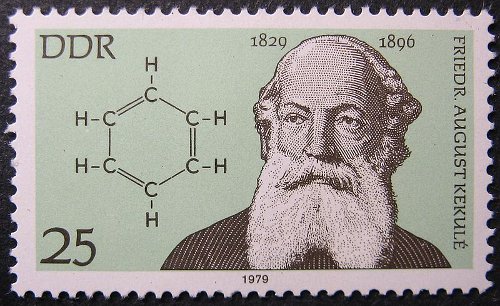
Excerpts from the Harvard Economic Society’s Weekly Letter, 1929-1930:
- Nov. 16, 1929: “[A] severe depression like that of 1920-21 is outside the range of probability.”
- Jan. 18, 1930: “With the underlying conditions sound, we believe that the recession in general business will be checked shortly and that improvement will set in during the spring months.”
- May 17, 1930: “General prices are now at bottom and will shortly improve.”
- Aug. 30, 1930: “Since our monetary and credit structure is not only sound but unusually strong … there is every prospect that the recovery which we have been expecting will not be long delayed.”
- Sept. 20, 1930: “[R]ecovery will soon be evident.”
- Nov. 15, 1930: “[T]he outlook is for the end of the decline in business during the early part of 1931, and steady … revival for the remainder of the year.”
In 1931, strapped by the depression, the Letter ceased publication.


